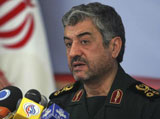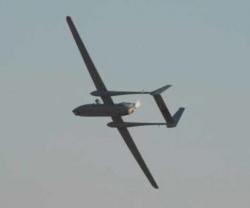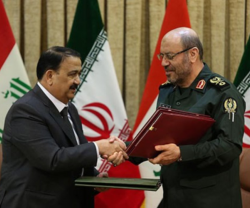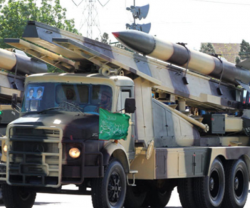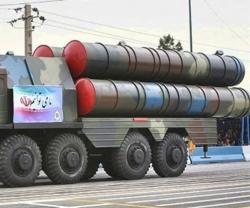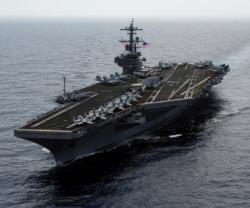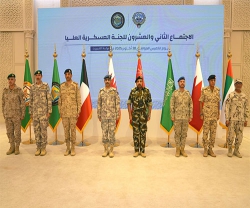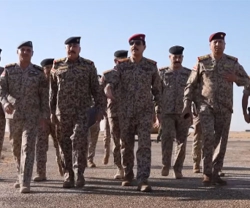"In light of the strategic position of the Strait of Hormuz, this issue has never been taken off the agenda," Jafari said, commenting on whether Tehran was still prepared to close down the shipping lane if threatened.
"We have not stopped there... we are seeking to use our defense capabilities in open waters," Jafari added as forces under his command prepared to launch the naval phase of the 10-day Great Prophet-6 exercise, which lasts until Friday.
Media reported the Guards will launch surface-to-sea missiles today.
So far, during the drills, the Guards have launched a range of ballistic missiles that Iran says are able to hit Israel and US bases in the region.
"This means that should the enemy try to pose a threat against the Islamic republic from outside the Strait of Hormuz, we will have the power to retaliate in kind. This strategy is now on our agenda," said Jafari.
Iran's navy has only a few frigates and submarines on the high seas, but a year ago it began to deploy them to the Indian Ocean, the Gulf of Aden and even the Red Sea.
Iranian military officials have often warned of blocking the Strait of Hormuz in case the country comes under attack.
Early in February the Commander of Guards' Naval Forces, Ali Fadavi said: "The Islamic republic has the ability to block the Strait of Hormuz if threatened."
The Strait of Hormuz, a passage for 40% of the world’s oil supplied by sea, is a narrow waterway of strategic importance between the Gulf on the east and the Gulf of Oman on the west. Iran lays on its northern banks with Oman to its south.
Source: AFP; Mehr

